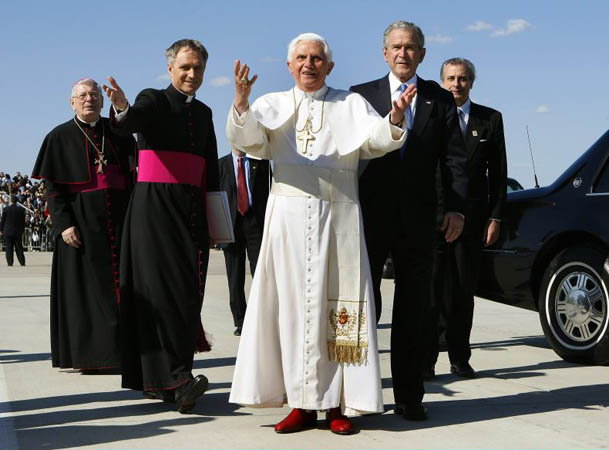The word “church” (or its equivalent in various languages) is used of a public place of worship where Mass is regularly said, while a “chapel” is a more or less private place of worship, belonging, say, to a convent, or else a portion of a church containing a separate side-altar.
It is desirable that the incorrect use of “church” and “chapel” should be given up, first, because it is out of harmony with universal Catholic usage, but still more because it gives the word “ church “ an indefinable Protestant flavour which is apt to chill the feeling of affection which that word ought to arouse in us. But, even where the word “church” is quite correctly used, children, for a time at least, are puzzled by uses of the word, which clearly cannot apply to the object which they first learned to call church, namely, the building to which they used to be taken to hear Mass or go to Confession.
They hear it said, for instance, that the Church teaches this or that, and they wonder how it can. Of course, they sooner or later come to the chapter in the Catechism about the Church, and to the question, “What is the Church?” They find that the answer says nothing at all about a building, still less about the particular building, which they have always called “the church.” It says that the Church is “the congregation of all the faithful,” et cetera. Of course, all depends on how the teacher explains this answer to them. Left to themselves they might puzzle over the word “congregation,” which for them had hitherto meant the people hearing Mass or listening to a sermon. Perhaps the teacher does not always tell them the very important fact that the Church is a society, a visible society, and explain to them the significance of that fact. A society is an organised body of human beings with definite membership and somebody in authority over it — in other words, a body of members and a head. Thus a club, an association, a league, a trades union, a religious Order, a kingdom, a republic — all these are societies, though of different kinds. All consist of a recognised authority — a president, a governor, a king, a parliament, an executive council, according to the case, and a number of people who are members of the body in question. So it is with the Church. Its members are men and women, baptised in infancy (or later) as Catholics, as long as they do not by their own act deliberately give up their membership of the Church. And its head on earth is our Holy Father the Pope. For a Protestant the universal Church is not a visible society at all, and has no head on earth.
Link (here) to read the full piece at The CTS by Fr. Stephen J. Brown, S.J.











No comments:
Post a Comment